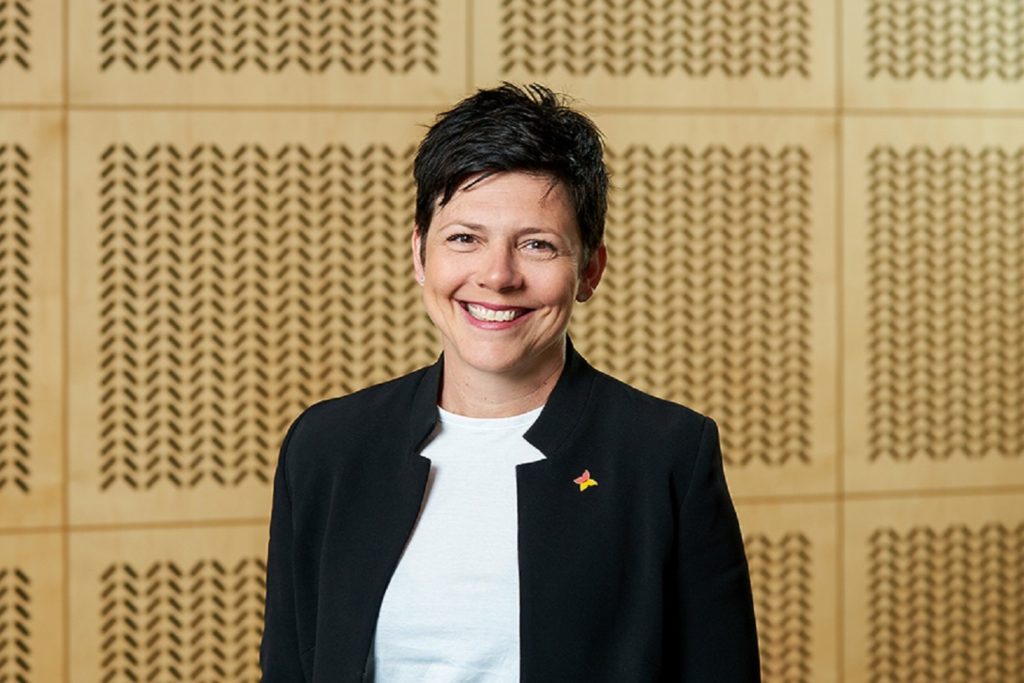Cost of living pressures have overtaken the pandemic as the main cause of stress on people’s mental health.
This finding comes out of a new Beyond Blue community sentiment survey released on World Mental Health Day.
The survey of 1500 respondents in Australia revealed that people are operating at lower levels than pre pandemic days and there’s a “general sense of unease”.
The main causes of concern? Rising interest rates, high inflation, cost of living concerns and the war in Ukraine were at the top of people’s stressors.
No one who participated in the survey reported they were worried about catching Covid-19 but rather that issues made worse by the pandemic such as high interest rates, burnout caused by staff shortages and working from home were affecting their mental health.
“Although we are moving away from Covid-19 as being a major source of worry, people are telling us they’re still adjusting,” says Georgie Harman, CEO of Beyond Blue.
“Survey respondents say a lack of social connection, isolation, negative self-worth are lingering feelings, and that things aren’t quite back to normal just yet.”
It’s clear that the pandemic has taken its toll and these findings correlate to what Australian Psychological Society president, Tamara Cavenett says she’s seen in the weakening of people’s base level of resilience after navigating multiple stressors.
“People no longer feel sure that the future is predictable. The Ukraine war, inflation, climate change and the pandemic have meant we now feel less secure than ever before,” says Cavenett.
Of those surveyed by Beyond Blue, almost half (48 per cent) said they felt lost when it came to their mental health and wellbeing.
Forty six per cent of respondents felt their problems didn’t warrant seeking support.
To those that feel this way, Harman says, “No problem is too big or small. Seeking support at the first sign you’re not feeling quite yourself can make it easier to bounce back and maintain good mental health.”
Compared to this time last year, Beyond Blue has seen fewer people seeking advice about the impact of the pandemic with more and more asking for help with family and relationship stress and anxiety.
Visited by more than 50,000 people each month, Beyond Blue has popular online peer support forums for those seeking advice on a range of topics such as relationship problems, depression, anxiety, gender identity, grief and thoughts of suicide.
These forums are a moderated safe space for people to get anonymous support for their mental health challenges.
Harman points out that the pandemic exacerbated issues with service access, availability and affordability so these kinds of digital supports are vital to giving people an accessible starting point.
Beyond Blue’s survey also revealed that having a diverse range of support for their mental health and wellbeing is important to people. This could include receiving compassionate support through online mental health tips, digital tools and having someone to talk to.
Harman says, “There are steps you can take to manage your own mental health and wellbeing while you’re on a waitlist or worrying about what to do, and digital supports are a great place to start.”
If you or someone you know is struggling, you can contact Beyond Blue Support Service on 1300 22 4636 or at beyondblue.org.au/getsupport.


